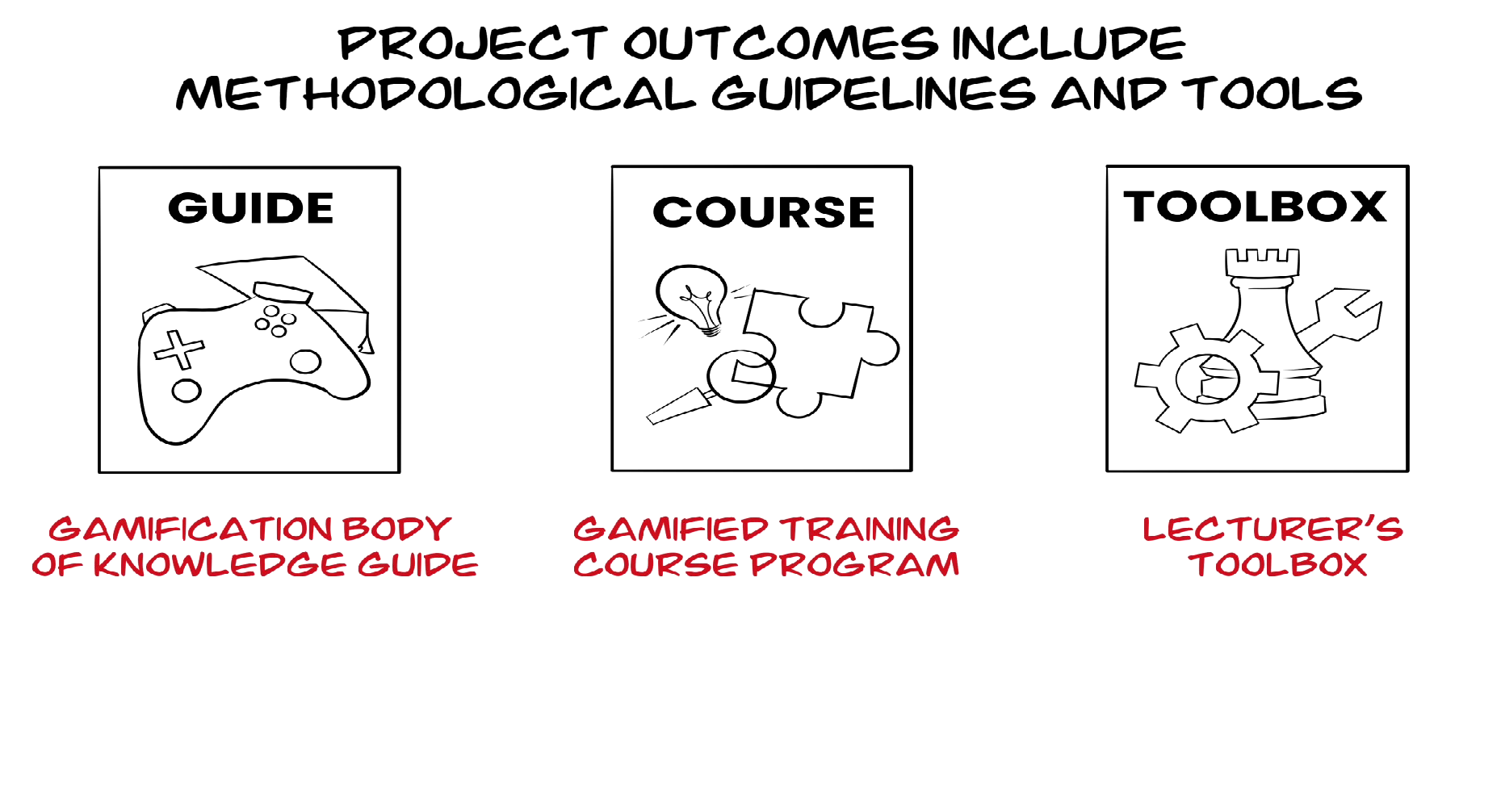Gamification also known as an application of game design elements to learning activities ischanging the world of education. It is currently a hot, if controversial, trend in education. On the one hand it is a response to the new needs of the young generations. Learning patterns have evolved and internal motivation of learners is driven by many factors related to society and economic changes as well as new developments in ICT. New generations (Digital Natives) want to have fun, learn and play. They want work with purpose, meaning, identity, fulfillment, using creativity and leaving them with decision-making autonomy. Their perception of reality is shaped by the new principles (Prokurat, 2016). On the other hand the detractors of gamification argue that it derails learning with aimless distractions, adds unnecessary competition stress, and fails to take into account certain learners’ pedagogical needs (Rabah et al., 2018). However we do consider gamification as very valuable approach to teach new generations of students because it may lead to learning gains. Properly designed gamification can reinforce important skills in education, such as problem-solving, collaboration, and communication. Furthermore, a need for interaction in a gamified approach to education encourages students to play an active role in the learning process, thereby increasing student internal motivation and engagement (Rabah et al., 2018). “Properly designed gamification” means that designer has taken into account the pros and cons of gamification per se, has been focused on subject matter content of classes and finally develop the activities that enable to meet learning outcomes requirements which are of great importance from the perspective of labor market demand. This of course can transform into graduates employability and marketability improvements.

SHORT VIDEO ABOUT PROJECT: https://drive.google.com/file/d/12jBlP73_8pEXKpA8AtFbCC24l4JJQmJj/view
The most important project results:
- Gamification Body of Knowledge
- Good practice – an example of a gamified course
- Lecturer’s toolbox
The most important outcomes of the project:
- Gamification Body of Knowledge
- Good practice – an example of a gamified course
- Lecturer’s toolbox

Additional materials:
Gamification Body of Knowledge, click here
Gamification Body of Knowledge_Presentation, click here
“ENTREPRENEURSHIP – HOW TO BIULD YOUR START-UP? -” Training Course Program, click here
“ENTREPRENEURSHIP – HOW TO BIULD YOUR START-UP? Grading excel sheet, click here
“ENTREPRENEURSHIP – HOW TO BIULD YOUR START-UP? Teacher AID excel sheet, click here
Pomocnik wykładowcy/Lecturer’s toolbox click here
Dodatkowy załącznik z wybranymi narzędziami wspomagającymi proces nauczania/Additional appendix icluding the choosen tools click here
Konferencja upowszechniająca
Konferencja upowszechniająca pn. Podejmij wyzwanie! – zastosowanie grywalizacji w edukacji to podsumowanie partnerstwa Wyższej Szkoły Informatyki i Zarządzania w rzeszowie z partnerami z Hiszpanii, Litwy oraz Słowacji realizowanego w ramach projektu projektu ACCEPT THE CHALLENGE! – Gamification IN online higher EDucaton. Wydarzenie odbyło się 28.10.2022 roku.
Data realizacji projektu: 01.03.2021 – 31.10.2022
Program z którego finansowany jest projekt: Erasmus+
Data realizacji projektu: 01.03.2021 – 31.10.2022
Program z którego finansowany jest projekt: ERASMUS+
OPIS PROJEKTU STRONA PROGRAMU


